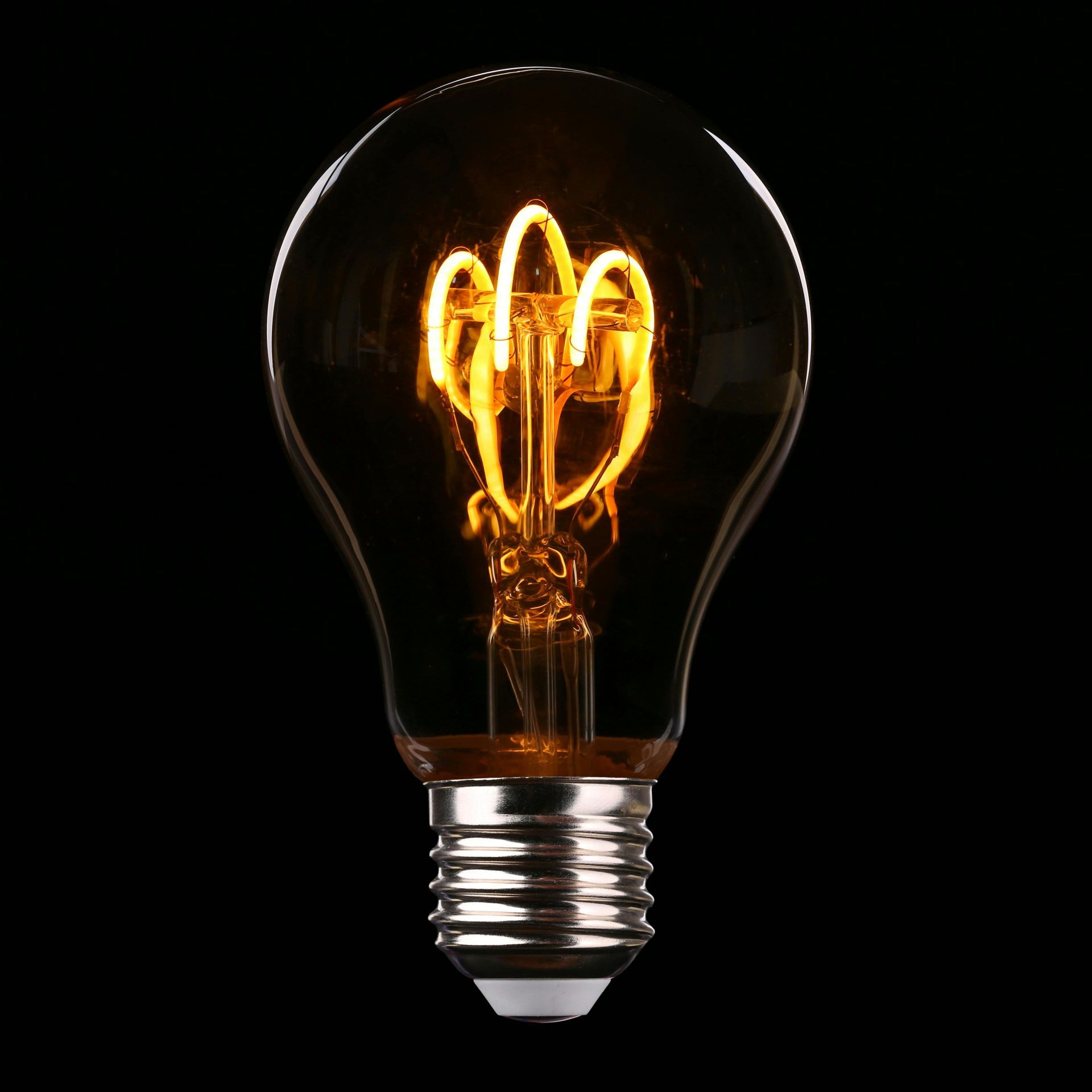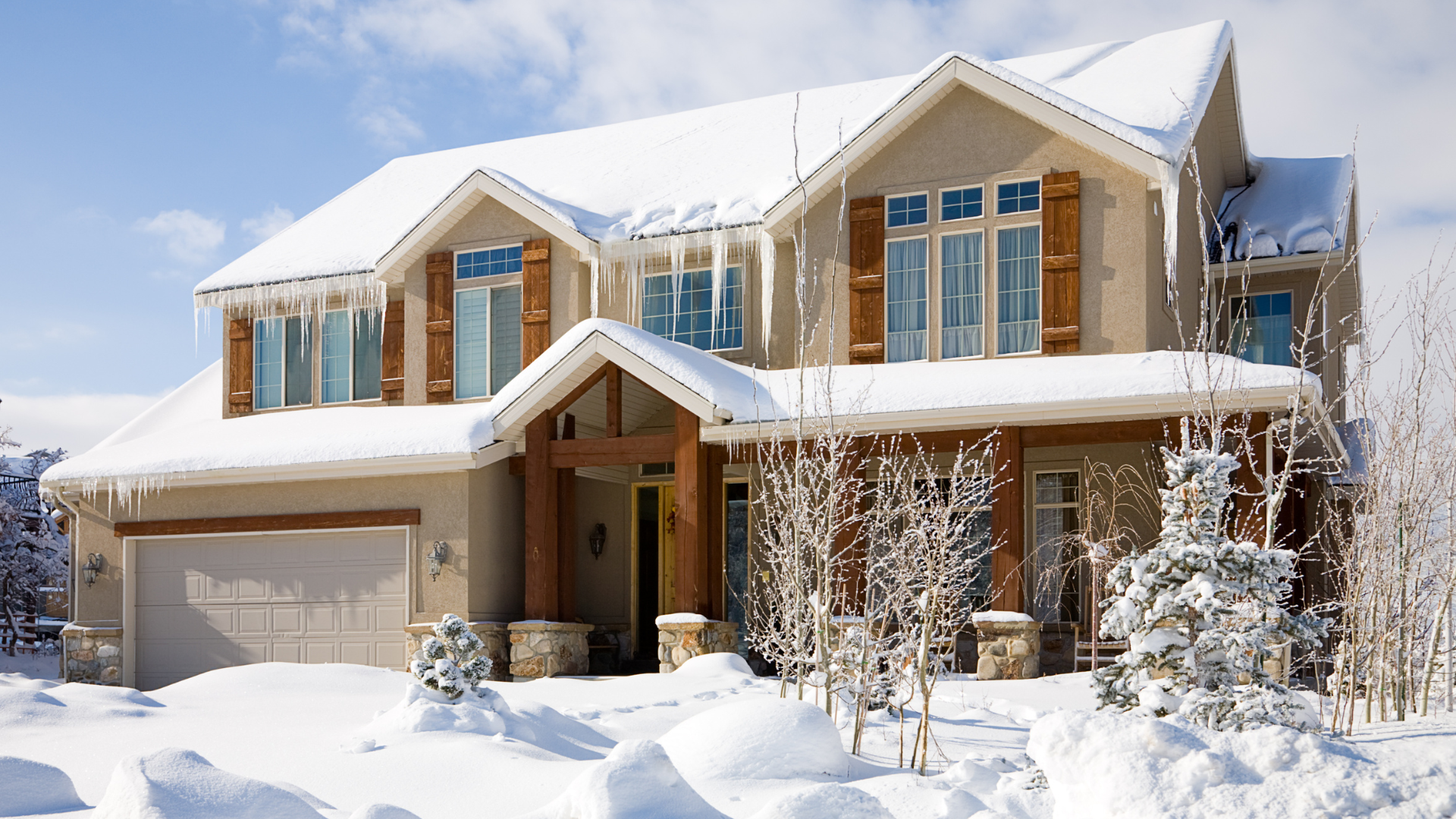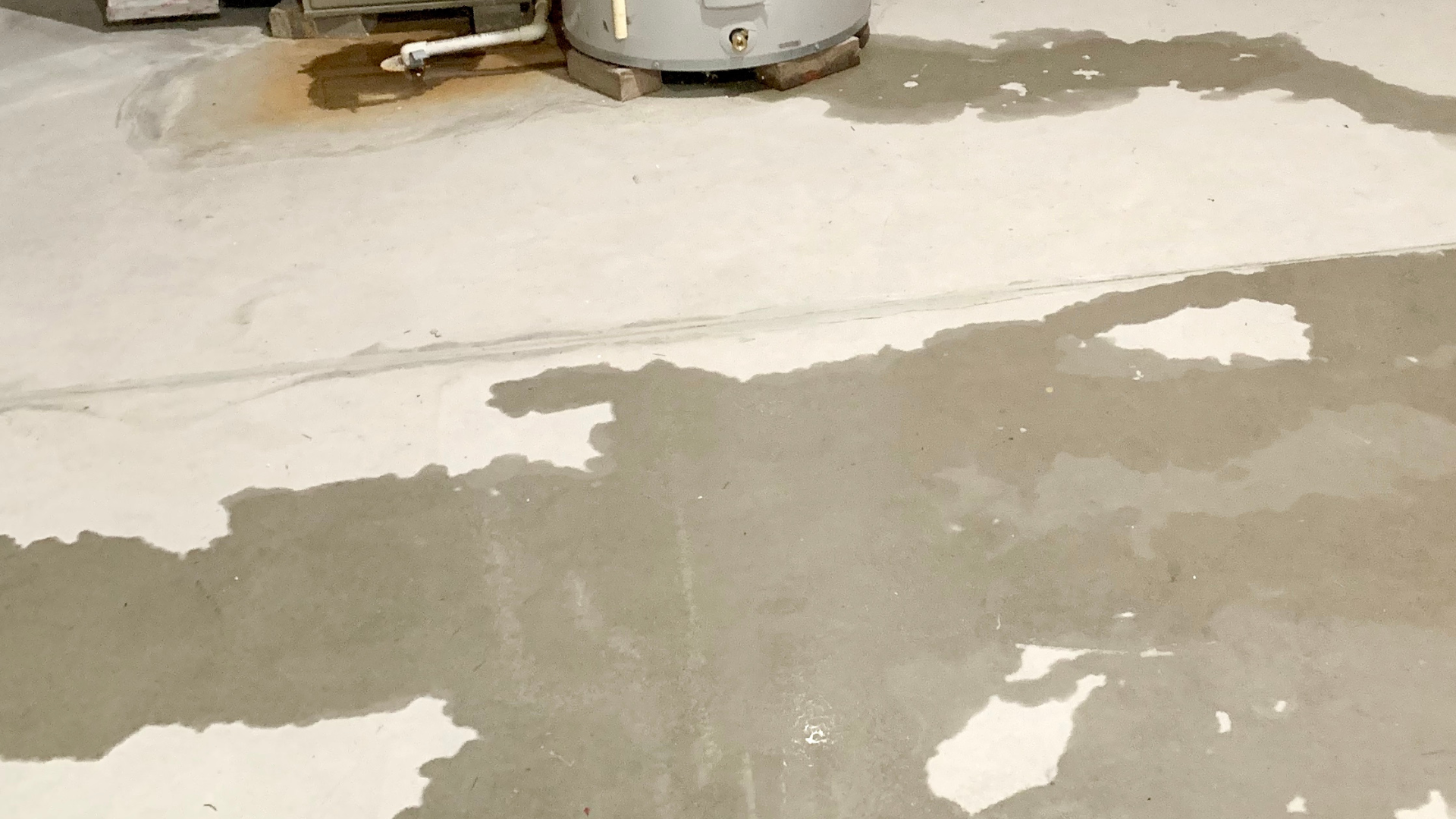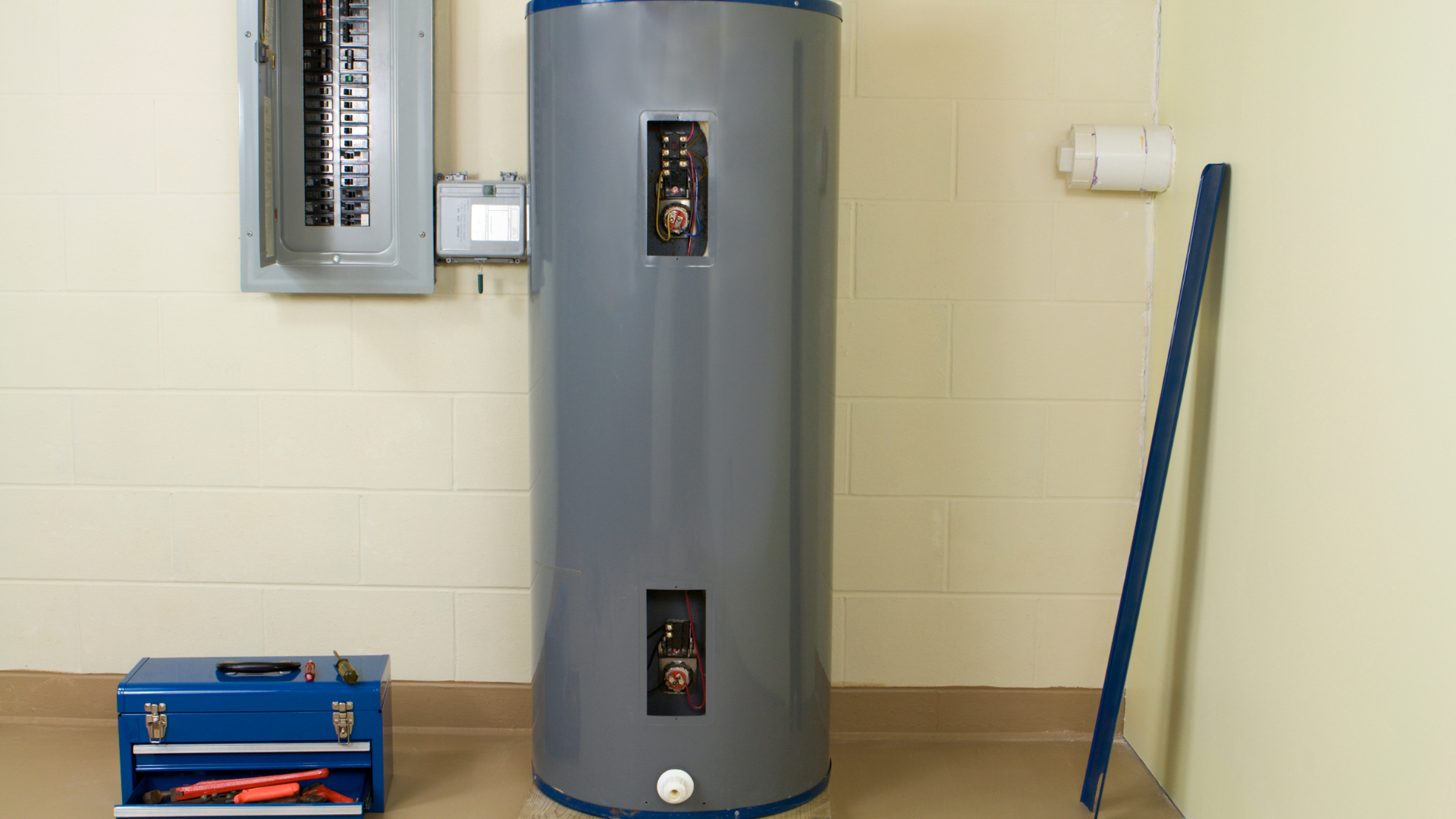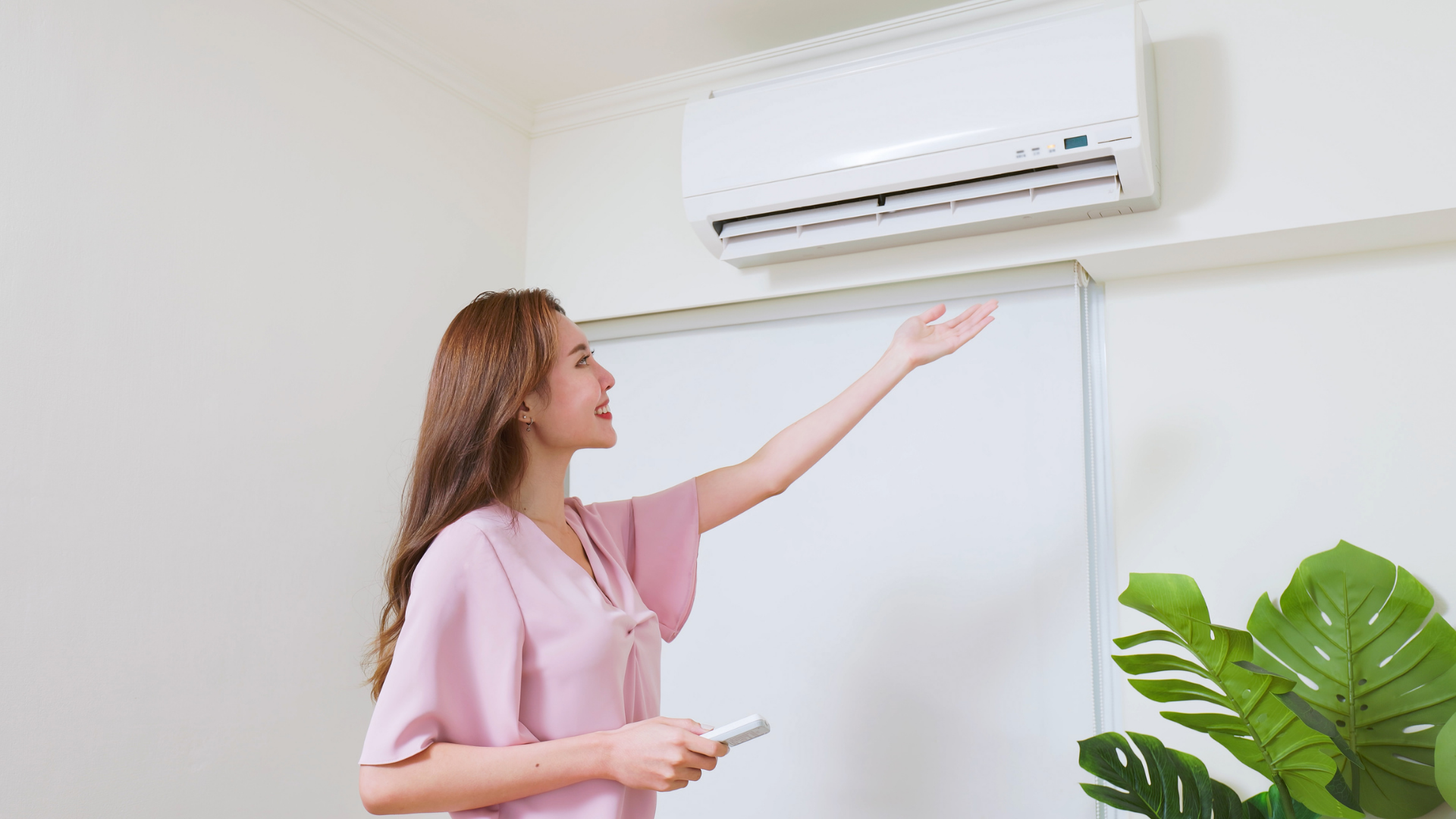Should You Cover Your Outdoor A/C Unit This Winter
Should You Cover Your Outdoor A/C Unit This Winter

As the days get shorter and the temperatures drop, many homeowners are preparing their homes for winter. One common question that comes up is whether or not to cover the outdoor compressor unit of your central air conditioner. While it might seem like a good idea to protect it from the elements, there are both pros and cons to consider.
The Pros: Why Some People Cover Their Units
The main argument for covering an outdoor A/C unit is protection from debris. A simple cover can prevent leaves, twigs, and other yard waste from collecting inside the unit's fins and housing. This can keep the unit cleaner and potentially save you a bit of time on spring cleaning. It can also provide some protection from falling ice or heavy snow, which can bend the delicate fins. If you are concerned about ice and snow, we suggest laying an appropriately sized piece of plywood over the top of the unit. This will allow air to flow around the sides and underside of the unit.
The Cons: Why It's Often a Bad Idea
While the idea of protecting your unit seems logical, there are some significant drawbacks to covering it.
Moisture and Rust
A common misconception is that a cover will keep the unit completely dry. In reality, a cover can trap moisture inside the unit. Condensation can build up, leading to rust and corrosion of internal components over time. A unit that is exposed to the open air is designed to allow water to drain away and evaporate naturally.
Rodent Infestation
Perhaps the most critical downside is the risk of creating a cozy home for unwanted pests. A covered, dry unit provides the perfect shelter for rodents and other small animals looking to escape the cold. These pests can cause significant damage by chewing on electrical wires and nesting inside the unit, leading to costly repairs come springtime.
Blocked Airflow
A cover can also impede airflow. When air can't circulate freely through the unit, moisture and other issues can be exacerbated.
The Exception: Heat Pumps
It is crucial to note that you should never cover a heat pump's outdoor unit. Heat pumps are designed to operate year-round, providing both cooling in the summer and heating in the winter. A cover would block the necessary airflow, preventing the unit from performing its heating function and potentially causing serious damage to the system.
The Verdict
For a standard air conditioning unit that is not a heat pump, the general consensus among HVAC professionals is that covering the unit is unnecessary and can often do more harm than good. The units are built to withstand the outdoor elements. The risks of rust, moisture, and especially a rodent infestation often outweigh the minimal benefits of keeping a unit clean.
If you are concerned about your unit's condition, the best course of action is to have a professional HVAC technician inspect and maintain it annually. This will ensure it's in top working order and ready for the next cooling season.
Click Another Article to Read More





